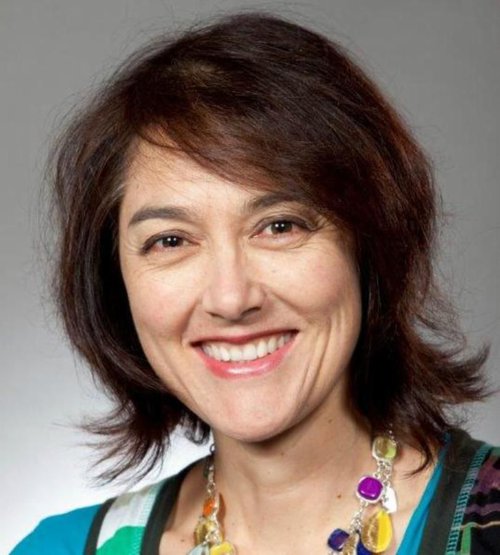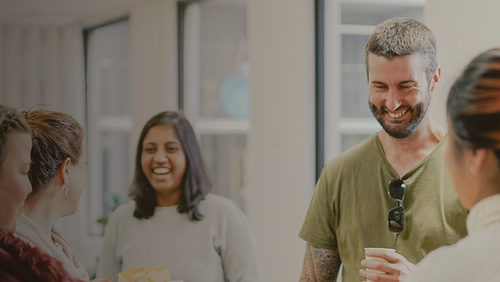27 Aug 2019
We catch up with Kim Rutter, Director of the Engineering Management Programme at the University of Canterbury.
What’s your role at the University of Canterbury?
I’m the Director of the Engineering Management Programme here at UC. I also teach engineering ethics and engineering management to undergraduates. I’ve branched out a little recently, because of my interest in diversity in the profession, and I’m heavily involved in WiECAN, which is a great summer camp experience we’ve developed to inspire Year 12 girls considering engineering as a career.
During your time as an academic, what’s been the favourite course you’ve taught?
How about I tell you about my least favourite instead? Teaching Civil Engineering Administration block courses to NZCE (remember NZCE?) students at a polytech. Three-hour sessions, two till five. Old school, “I talk you listen” lecturing. With an overhead projector. In a prefab. A nightmare for all concerned. I still wake up screaming…
How do you explain the Washington Accord to your students?
The Washington Accord is your best friend. It’s an international accreditation agreement that ensures your qualification is world class, guaranteed. It is also one of the reasons your New Zealand engineering degree is so portable. It is your passport to working all over the world.
If you could give one piece of advice to secondary students who are about to enter tertiary study, what would that be?
Turn up to lectures and tutorials and hand assignments in on time. That’ll do it, guaranteed.

People skills are an important part of being a good engineer. How do you make your students aware of the importance of respecting gender, culture and diversity when they enter the workforce?
In Engineering 101 (an engineering intermediate foundation skills course) I teach a module on ethical behaviour and academic integrity. As part of that we talk about the rights, responsibilities and duties students have as citizens and engineers in training.
I also talk specifically about culture and diversity at later years in their degree, in the contexts of topics such as design, sustainable engineering, and professionalism. The message is that diverse groups of engineers come up with better solutions for diverse communities.
What is amazing to me is how sensitive to diversity and equity issues most of our students are already. We need to give them more credit, rather than wring our hands over the actions of a small, narrow minded minority. At the UC College of Engineering we are now working on wider student support initiatives such as empowering the silent majority with bystander intervention skills, so they have strategies when they see or hear intolerance and lack of respect on campus. These skills will be something concrete they can take with them into their future workplaces.
Why are you a member of Engineering New Zealand?
Two reasons. Firstly, for the professional mana and support one gets by being a member of a respected professional body. And secondly, to model to students the importance of belonging. I can’t tell students that professional memberships are important if I don’t have them myself.
How do you engage with Engineering New Zealand?
Participation in student focused events such as speed interviewing is always fun. I also make a point of catching up with the fabulous Kavita (Engagement Manager - Employer and Academics) every time she’s on campus, just to keep up with what’s new. And I’m particularly excited about the Diversity Agenda – as a profession, we need that kind of leadership to support grassroots change.
What do you do in your spare time?
Other than lying on the sofa reading while eating fudge and Pringles you mean? Biking, running and snowboarding (at non-competitive, old-person participation levels only). I’m also learning the ukulele, but that’s another story.





